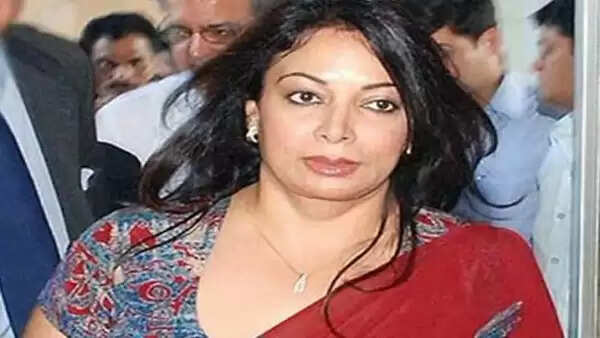Corporate lobbyist Nirra Radia gets cleanchit in phone-tapping case

The Central Bureau of Investigation notified the Supreme Court on Wednesday that it had discovered "no criminality" in its investigation into the Niira Radia tapes case. The federal investigation agency is looking into the substance of taped conversations between former corporate lobbyist Niira Radia and lawmakers, lawyers, journalists, and businesspeople.
The Supreme Court ordered the CBI to file an update on the probe into Radia's intercepted talks.
A three-judge bench led by Justice D Y Chandrachud was hearing a petition from entrepreneur Ratan Tata seeking preservation of his right to privacy following the release of the Niira Radia tapes.
"We'll have it after the holidays since there's a Constitution Bench next week. In the meantime, the CBI may submit an updated progress report "said the bench, which also included Justices Hima Kohli and P S Narasimha.
The case has been scheduled for the next hearing on October 12. Aishwarya Bhati, standing for the Centre, argued that the petition should be dismissed in view of the Supreme Court's decision on the right to privacy.
In 2017, the Supreme Court issued a unanimous decision in the case of Justice (retd) K.S. Puttaswamy, holding that privacy is a constitutionally guaranteed right.
"I must inform you that your lordship has asked the CBI to investigate all of these talks. Fourteen preliminary inquiries were filed, and the report was sent to your lordships in a sealed envelope. There was no evidence of illegality in those. In addition, there are now phone-tapping protocols in effect "Bhati stated.
The counsel for Tata requested an adjournment right away.
Bhati stated that nothing remained in the case after the privacy ruling.
The petitioner's counsel informed the Supreme Court that another petition had been filed by the NGO Centre for Public Interest Litigation (CPIL), which had requested that these transcripts be made public in the greater public interest.
Radia was a corporate lobbyist for two of the most prominent corporations, according to advocate Prashant Bhushan, and there were attempts to influence public figures, among other things, which were disclosed.
The Supreme Court was hearing Tata's plea for action against those involved in the tape leak, arguing that the release violated his fundamental right to life, which encompasses the right to privacy under Article 21 of the Constitution.
Radia was a corporate lobbyist for two of the most prominent corporations, according to advocate Prashant Bhushan, and there were attempts to influence public figures, among other things, which were disclosed.
The Supreme Court was hearing Tata's plea for action against those involved in the tape leak, arguing that the release violated his fundamental right to life, which encompasses the right to privacy under Article 21 of the Constitution.
